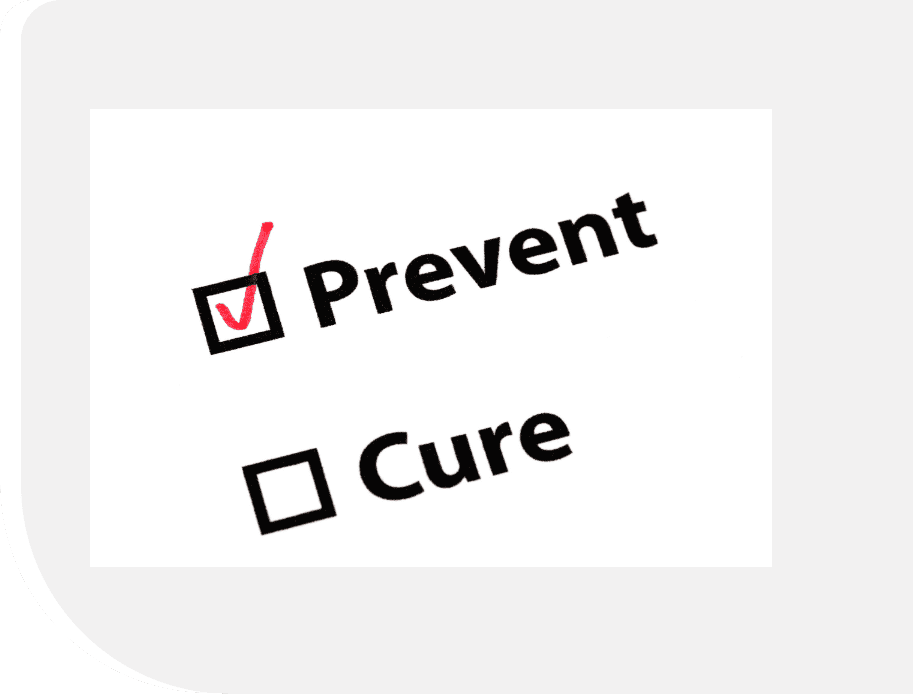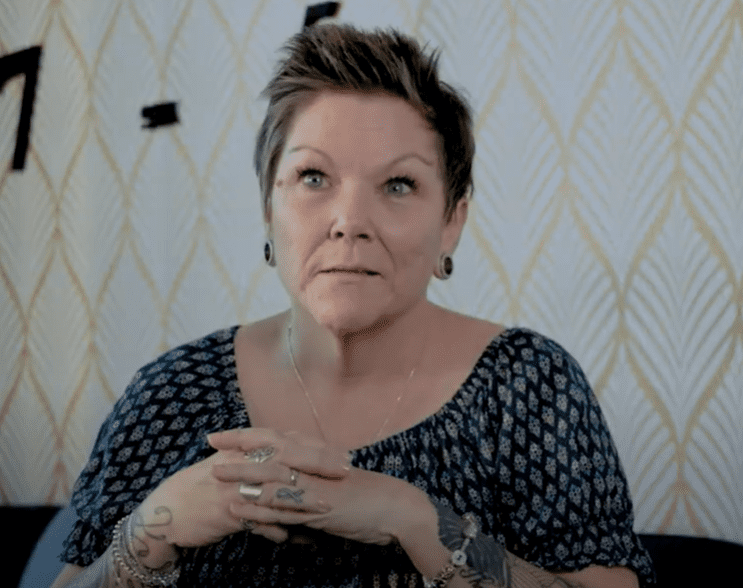
Cervical cancer is almost 100% preventable with screening and early treatment.
The cervical screening test checks for types of human papillomavirus (HPV) that can cause cervical cancer. The test also checks for cell changes in the cervix caused by these types of HPV. You need a cervical screening test every 5 years* if you:
- Are a woman, Two-spirit, transmasculine, or nonbinary person with a cervix, and
- Are between the ages 25 and 69 years of age, and
- Have ever had sexual contact with another person, and
- Do not have symptoms, like different bleeding or discharge (clear or yellow fluid) from your vagina (genital opening).
*Most eligible people should get screened every 5 years. Some eligible people may need to get screened more often based on their medical (example: those that are immunocompromised) or screening history (example: HPV positive test results).
Most people can stop cervical screening between the ages of ages 65 to 69. Some people may continue to get cervical screening tests after the age of 69 based on their medical history or screening test result history.
HPV Vaccination: Ask your family doctor or nurse practitioner about the HPV vaccination. HPV is the virus that causes cervical cancer. You can help protect yourself against cervical cancer by receiving the HPV vaccination.
The Ontario Cervical Screening Program
The Ontario Cervical Screening Program sends out a reminder letter every 5 years to persons eligible for screening. Some people may be recalled sooner, depending on their last cervical screening test result. Call your family doctor or nurse practitioner to book an appointment for a cervical screening test when you receive your letter.
Go to a clinic if you do not have a family doctor or nurse practitioner. Use the map below for a list of locations near you.
Click here to watch Jane's Cervical Cancer video and hear her message about the importance of cervical screening.
Cervical Screening Test Locations


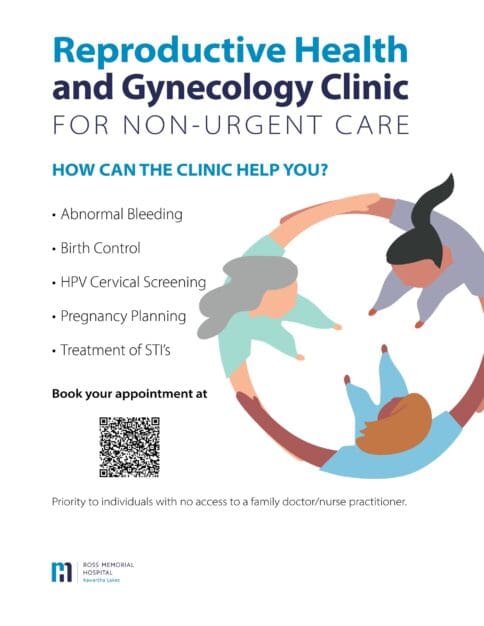
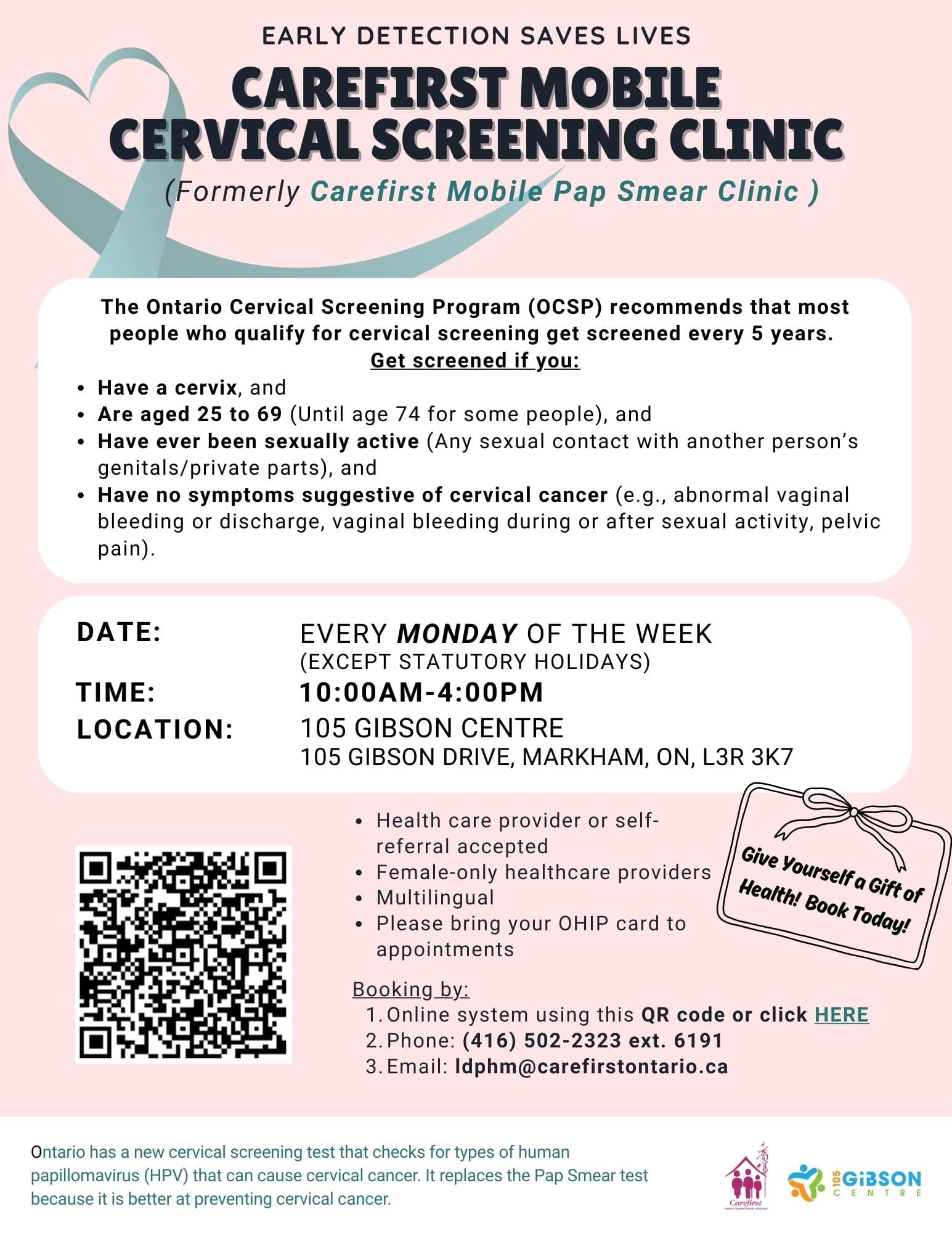

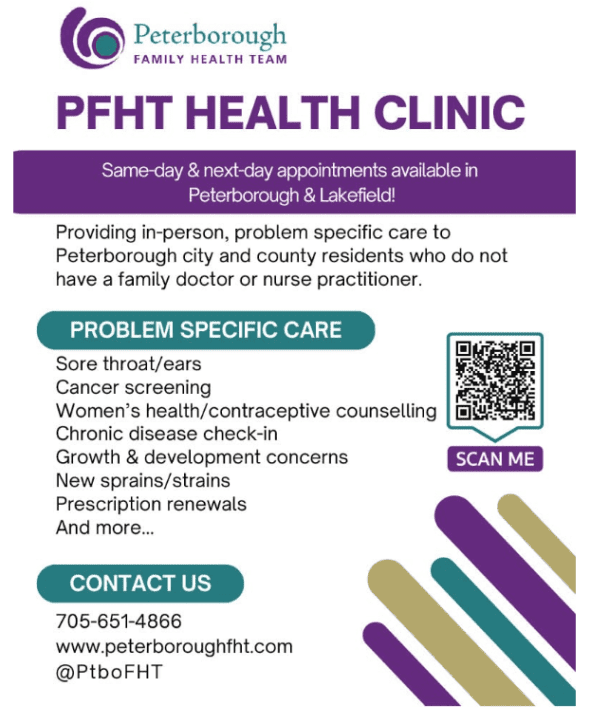
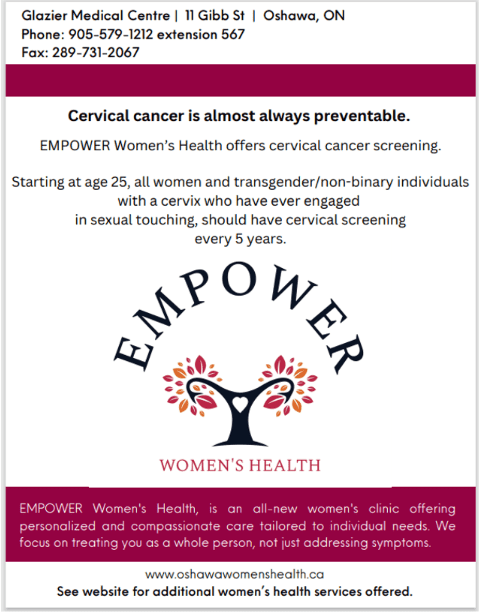
Cervical Screening Test Locations
Use the map below to find a cervical screening test location close to you.
What You Can Do to Lower Your Risk of Cervical Cancer:
Cervical cancer is caused by HPV, a common sexually transmitted virus.
To lower your risk of cervical cancer:
Reduce your exposure to HPV : The more sexual partners you have, the greater your risk of being infected with HPV. Your risk may also be increased if a partner is a carrier of HPV or has had multiple sexual partners in the past. Most HPV infections occur in the first few years of sexual activity.
Get vaccinated against HPV: Ask your family doctor or nurse practitioner if the HPV vaccination is right for you. The HPV vaccine is available to all Grade 7 students in Ontario. Adults can receive the vaccine as well. The vaccine prevents most but not all cervical cancers. You still need to be screened regularly for cervical cancer even if you received the vaccine.
Do not smoke: Your risk of cervical cancer increases by up to 80% if you have a high-risk strain of HPV and you smoke. Smoking affects your immune system, making it harder for your body to fight off infection.
Have a cervical screening test: Cervical screening tests check for HPV infections and cell changes in your cervix. Cervical cancer can sometimes be prevented by finding HPV and cell changes early and treating them before they become cancer.
